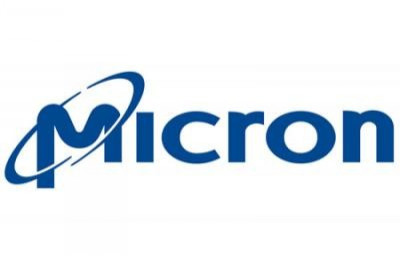Micron and Intel Upgrade NAND Flash Memory Deal

Micron (Nasdaq: MU), the sole U.S. maker of memory chips, and Intel (Nasdaq: INTC), the No. I chipmaker, upgraded their six-year-old partnership for advanced products.
The collaboration involves NAND flash memory chips, the smaller-sized versions of dynamic random-access memory (DRAM) chips traditionally required for all computers.
Shares of Micron rose as much as 7 percent to $9.16, before closing at $8.88, up 32 cents, or about 3.7 percent. Micron shares rose 8.5 percent Monday after its Japanese rival Elpida filed for bankruptcy.
Shares of Intel rose 35 cents to $27.24, up about 1.3 percent.
This is a great deal for Micron, said semconductor analyst Dan Scovel of Tokeneke Research. I could see Micron shares trading for $15 or even $20 by the end of the year.
The deal, which is expected to close in the first half, comes as Intel has introduced its Ultrabook chip series intended for ultralightweight laptops and tablets to compete against Apple's iPad2 and other products. NAND flash chips are much smaller than older NOR flash chips and replace disk drives
Intel, in Santa Clara, Calif., said it will sell its interests in a chip factory in Singapore as well as its interest in a joint-venture factory in Manassas, Va., to Micron for $600 million.
In return, Micron, in Boise, Ida., will enjoy a long-term supply relationship with Intel.
In 2006, the companies created IM Flash Technologies, a joint-venture company responsible for designing and manufacturing NAND flash chips. Micron assembles those chips at a factory in Lehi, Utah, as well as in Virginia.
The new NAND flash supply agreement with Micron gives Intel greater flexibility to meet growing demand for solid-state drives, said Intel Corporate VP Robert Crooke, who oversees the company's non-volatile solutions group.
Micron CEO Mark Durcan said the revised deal is a model of innovation, productivity and effectiveness.
Durcan, 52, was named Micron's CEO on Feb. 3 after CEO Steve Appleton, 51, was killed in a plane crash. He had been the chipmaker's chief technology officer and had been involved with the original Intel deal.
© Copyright IBTimes 2025. All rights reserved.






















